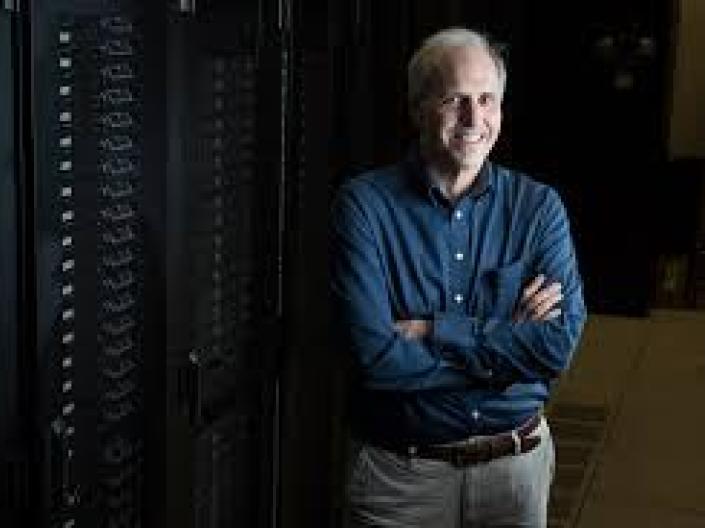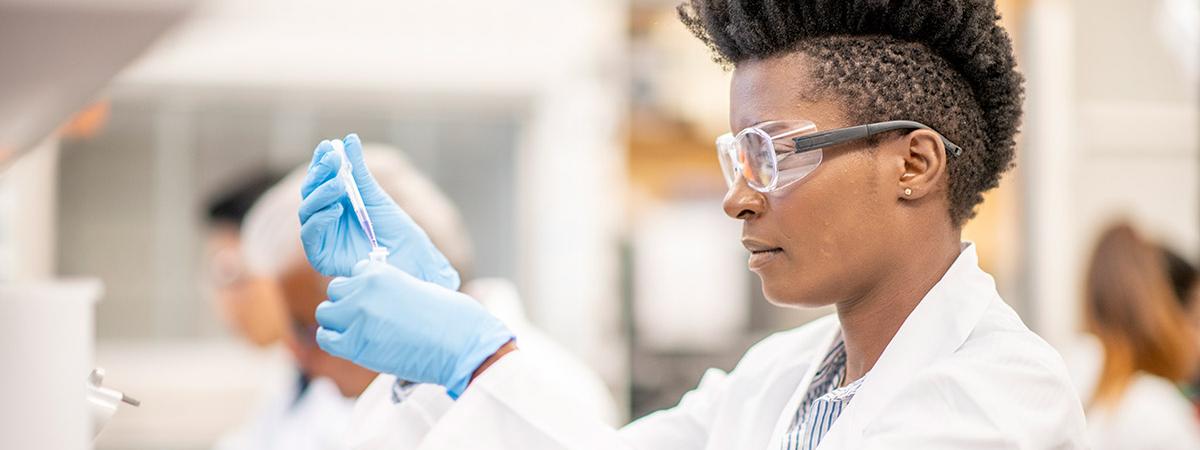
About the Program
PREP at Case Western Reserve University School of Medicine is designed to support recent college graduates who are preparing for careers in biomedical research

2024 PREP Supporter of the Year- Jonathan Haines, PhD
Research Mentors
PREP Scholars conduct research on National Institutes of Health-supported programs alongside highly skilled faculty.

Frequently Asked Questions
Find more information about PREP, the student experience, life in Cleveland and more.


